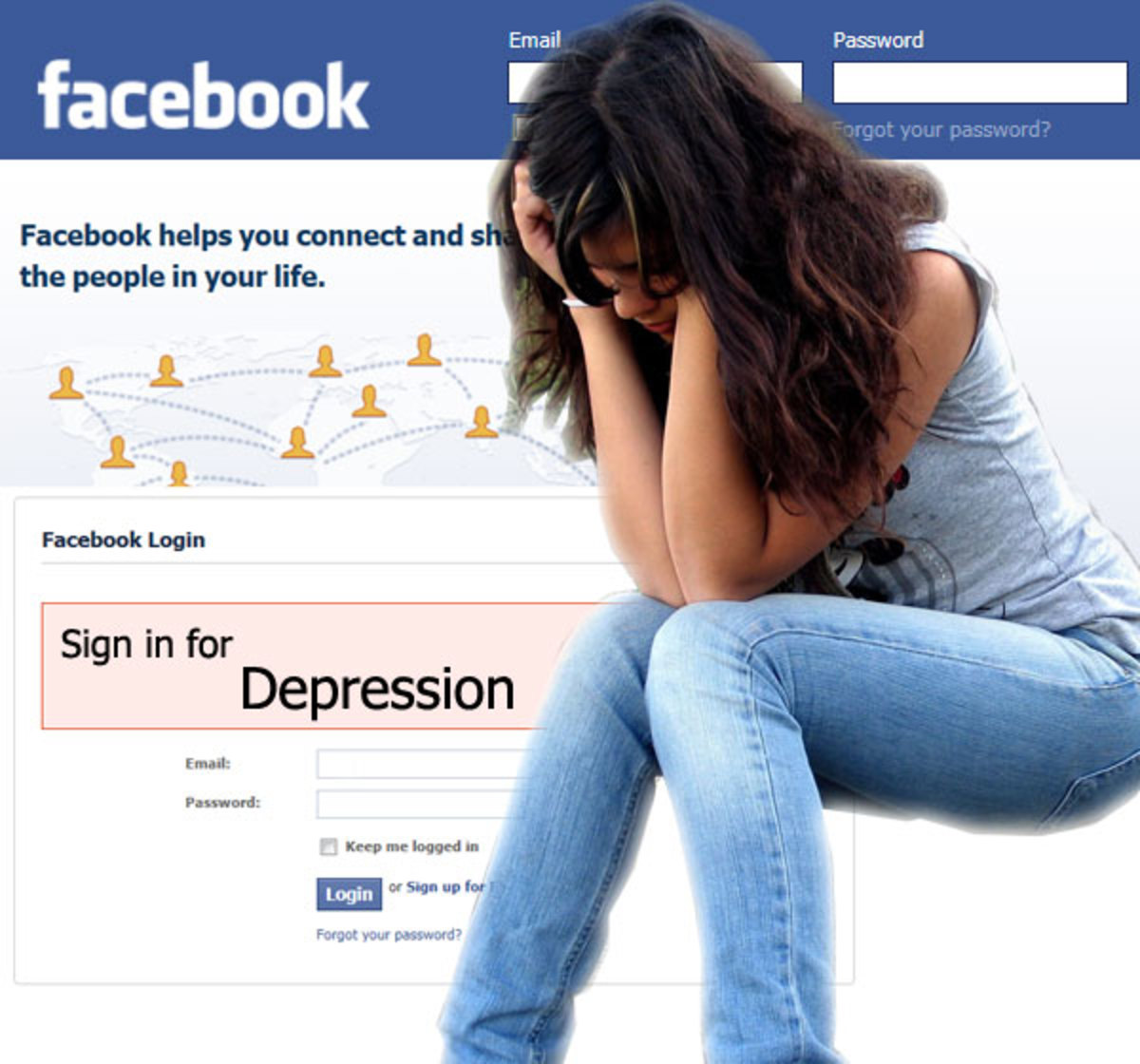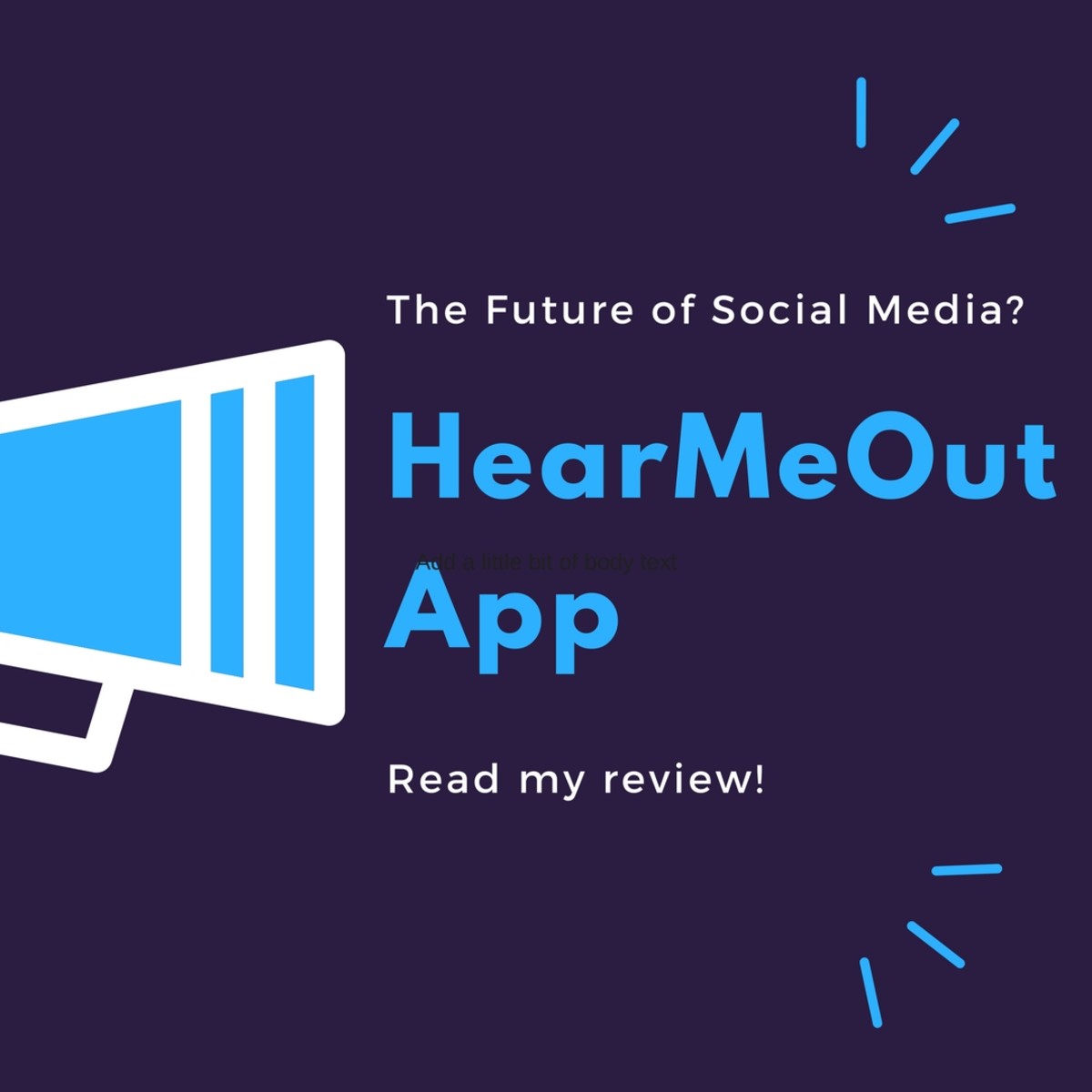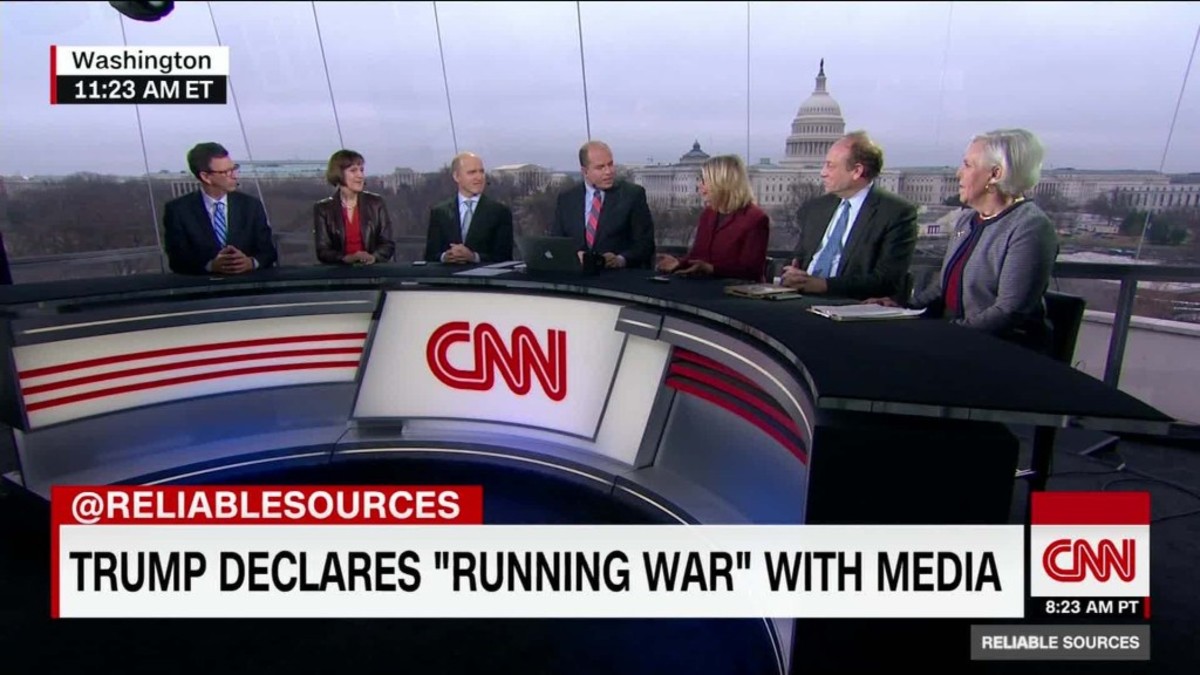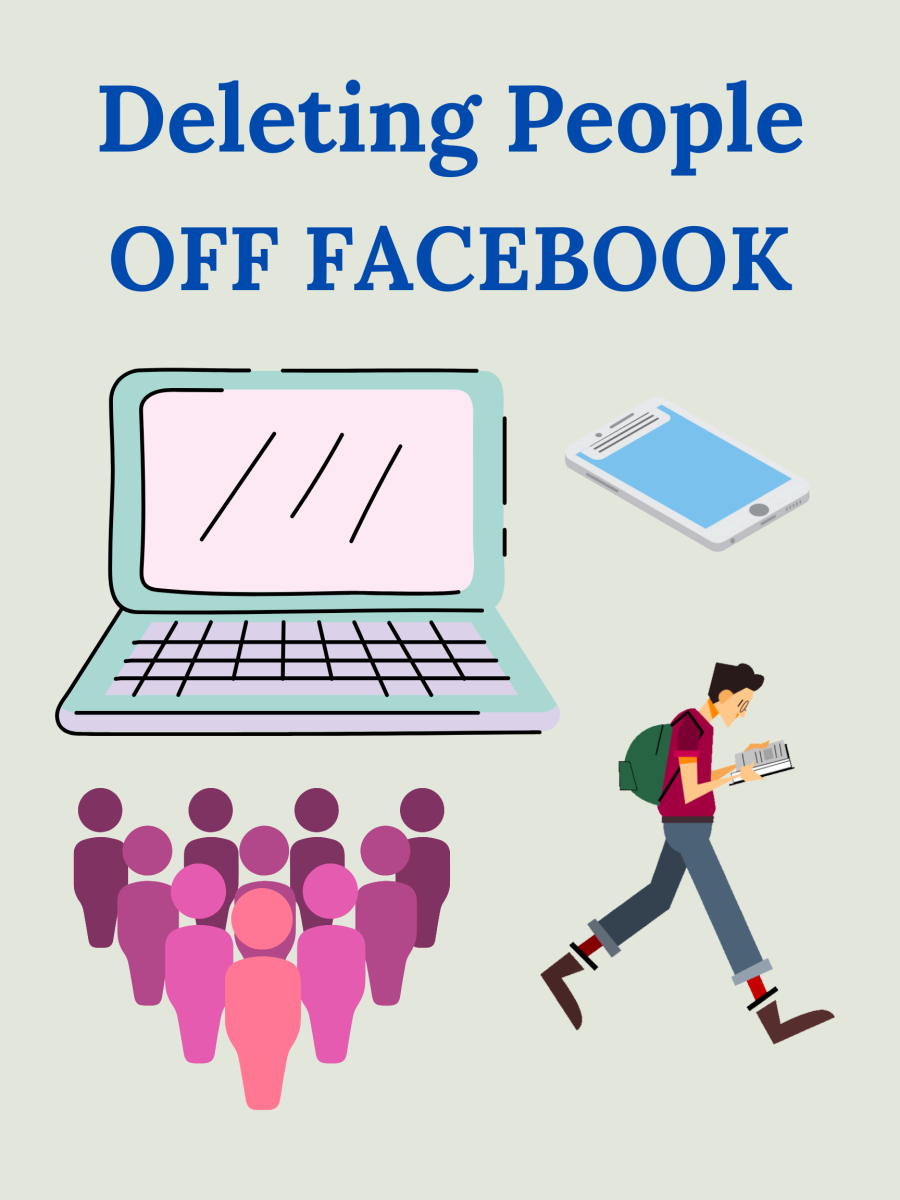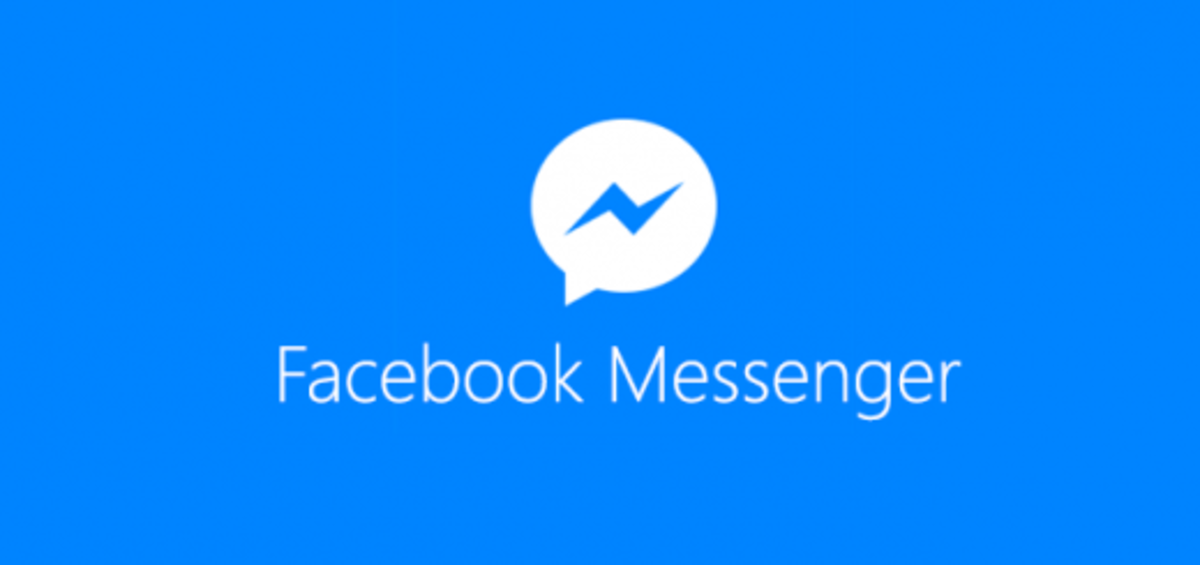- HubPages»
- Technology»
- Internet & the Web»
- Social Networking
How have Social Networks Like Facebook Affected Society?

All aspects of life were affected by the appearance of Facebook. It changed the way we talk to each other, the way discover new friends and even the way we fall in love.
Everything has become easier in today's world of digital interactions. Approaching someone, whether a professional superior or an incredibly attractive lady, has now become much simpler than ever. Even the person that never gets out there is finding opportunities to communicate, to create a social circle and to potentially discover a significant other.
How has Facebook affected our society and has the impact been a positive one? Facebook has brought a lot of simplicity to the realm of interactions but has it put up some new boundaries?
Facebook Merging Societies
Physical borders no longer mean a thing.
In today's hectic and virtualized world, globalization has become simpler than ever. People can find new friendships and professional opportunities in all corners of the world. The communication is instant, it is cheap and simple.
Divisions and distinctions start to disappear. Any physical ostruction that previously had the power to separate people has now been wiped out of the face of the earth. Still, a few people may find themselves now more isolated than ever. Why is that so? The reason is simple - many people have become excessively reliant on Facebook communication. We will address this issue in a while.
Creating One Global Society
Globalization is a process that has already gained momentum. Facebook is yet another tool that has managed to speed up this process.
In the virtual world, societies merge and divisions that separate people disappear. The goal of having ‘one global village’ seems to be more realistic than ever. People communicate via Facebook regardless of their social belonging, class, status, age and gender.

Increasing Isolation within Society
As already mentioned, some enjoy new communication opportunities because of Facebook. Others may actually feel even more socially isolated than before.
The simplicity of Facebook communication stats getting in the way of real life interactions. The shy ones become overly reliant on the computer screen and the anonymous way of exchanging opinions, ideas and emotional responses.
This is how Facebook addictions appear. People build their entire world, their circle of friends and even their relationship in the realm of Facebook. They feel even more awkward in real life situations than ever before. As a result, they simply stick to the online communication that becomes safer that going out and meeting real people.

Class, Social Status and Wealth No Longer Playing a Role
Everybody is approachable in Facebook. You can become friends with your favorite celebrities, with CEOs and popular social figures.
Facebook has no class system, no social divisions and no minority groups. This society has utopic structure and differences no longer matter.
Communication via Facebook has managed to shake some of the most basic structures that hold society’s hierarchy in place. Everyone is equally approachable.
New Communication Patterns
Society has some traditional forms of communication. These have undergone significant changes because of the appearance of social networks like Facebook, Twitter and even Google+.
Even the shy individuals find opportunities to be an active members of society. They can approach anyone, they can have a lot of fun through that communication and they can benefit from some degree of anonymity.
And so, new communication patterns come into existence. These patterns eliminate the "formality" of face-to-face interactions. They simplify things, they bring straightforwardness to the game and they benefit many members of society that were previously marginalized.
As any major new trends, Facebook has changed society in numerous ways. Some of the innovations are beneficial, while others shake the foundations of social structure. One thing is certain – the trend is here to stay and evolve. Will we soon start living in one big, global village? Will communication patterns continue to evolve even further? We will simply have to wait and see.


